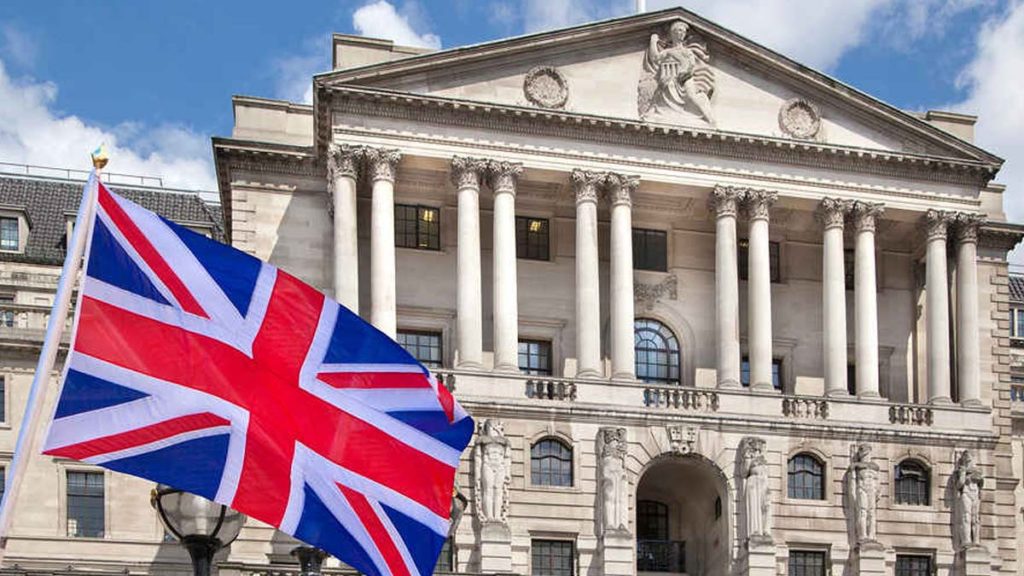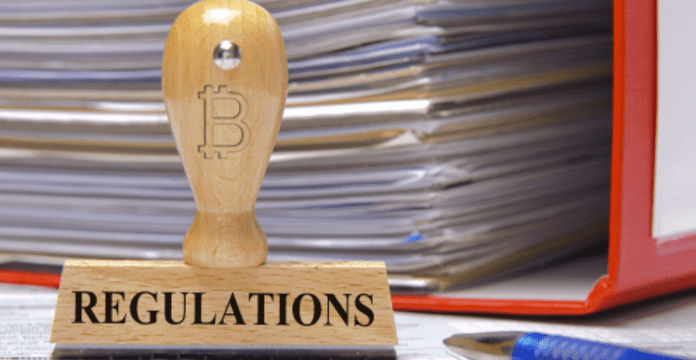The Bank of England is on work to bring forward the first regulatory framework for the crypto sector in the country as the ongoing geopolitical crises put this sector under regulators’ main agenda.
According to a Reuters report on Thursday, March 24, the central bank of the United Kingdom has begun working on the design of Britain’s first regulatory framework for crypto assets and launched a survey to find out the existing exposures of local banks and their future cryptocurrency plans, and the deadline for responses is set for June 3rd.
In a report, titled “Financial Stability in Focus: Cryptoassets and decentralized finance”, published on Thursday, March 24, the Bank of England’s Financial Policy Committee (FPC) discussed the advantages, risks, and its plans on how to regulate the crypto sector.
Our latest Financial Stability in Focus takes an in-depth look at cryptoassets. The underlying technology can offer benefits. More regulation is needed to reduce risks to UK financial stability.https://t.co/s47qKATdoK #cryptoassets #financialstability pic.twitter.com/2rkFh6s1a5
— Bank of England (@bankofengland) March 24, 2022
Bank of England Acknowledges Crypto But Say It Requires Regulation
In its statement, Financial Policy Committee (FPC) acknowledges the role that crypto, its associated markets like DeFi, and the technology that underpins it could play to reshape the activity taking place in the traditional finance sector. However, the regulator also believes that rapid growth could pose risks to financial stability in the future if left unregulated.
The report reads:
“The technology underpinning this innovation could bring a number of benefits including lower transaction costs, higher payment system interoperability, and more choice for users. Those benefits can only be realized and innovation is sustainable if it is undertaken safely and accompanied by effective public policy frameworks that mitigate risks and maintain broader trust and integrity in the financial system. As such, the global and domestic regulatory frameworks will need to adapt.”
The recent Russia Ukraine crisis has brought up cryptocurrencies as potential means of circumventing sanctions and regulators around the world are rushing in to regulate this sector. However, the BoE believes that “crypto assets are unlikely to provide a feasible way to circumvent sanctions at scale currently.”
As part of its plans to develop a regulatory framework, the BoE has also launched a survey of banks’ existing exposures and future crypto plans, setting a June 3 deadline for responses.
The bank further said that it would work closely with the Financial Stability Board (FSB) and Financial Conduct Authority (FCA) to guarantee that risks stemming from cryptocurrencies will be under control until the said regulatory framework is brought to life.
Furthermore, stablecoins will be under particular scrutiny due to concern that widespread adoption could undermine public confidence in money and payments “if a systemic stablecoin used for payments fails to meet its obligations.”
The bank also reiterated its consideration for issuing a Central Bank Digital Currency (CBDC), a consultation for which will take place this year.











